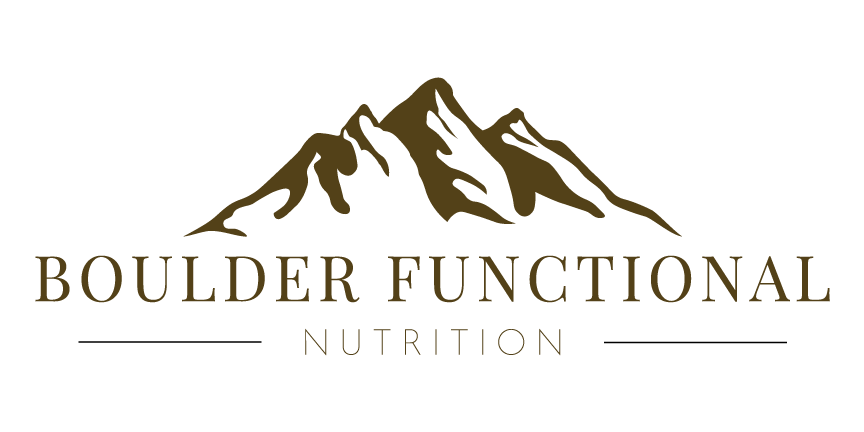For decades, we’ve been conditioned to believe that our genetic makeup determines our health fate. However, recent scientific advancements have shattered this notion, revealing a fascinating interplay between genes and the environment.
Our genes, it turns out, are more like light switches than rigid blueprints for disease. They can be activated or deactivated based on various environmental factors, such as diet, lifestyle choices, and stress levels.
Table of Contents
Epigenetics
In the emerging field of epigenetics, researchers have uncovered how these environmental “fingers” influence genetic expression. Picture your genome as billions of Christmas lights running through your body, with epigenetic factors acting as the fingers that control which lights are illuminated and which remain dark.
Everything from diet and exercise to emotional well-being and exposure to toxins can impact this delicate balance of gene expression.
Human evolution itself is a testament to the adaptability of our genes in response to environmental changes. Just as people can “go bad” under negative influences, our genes can exhibit harmful or beneficial expressions depending on the circumstances.
Remarkably, even the roots of cancer, long believed to be deeply entrenched in our genetic code, are now understood to be modifiable by epigenetic factors (1).
Contrary to popular belief, it’s not the genes themselves but mitochondrial damage that drives cancer development. And what’s more intriguing is that our diet and lifestyle choices heavily influence mitochondrial health.
Nutrigenomics
Enter the realm of nutrigenomics—a field that explores the intricate relationship between diet and gene expression. The impact of nutrition on genetic health cannot be overstated. Certain foods, such as dark leafy greens, have been shown to affect gene expression through processes like methylation, a key epigenetic modification.
This means that what you eat isn’t just fuel for your body; it’s information that directly communicates with your genes, shaping their behavior and ultimately influencing your health outcomes.
Now, you might be wondering, what does all of this mean for cancer prevention? It means that we have the power to wield significant influence over our genetic destiny through conscious lifestyle choices, particularly when it comes to diet.
By adopting a genetically attuned diet—one that aligns with the nutritional patterns our ancestors followed for millions of years—we can keep cancer-promoting genes silenced and mitochondria healthy.
At Boulder Functional Nutrition, we are at the forefront of leveraging these groundbreaking insights to empower individuals in their journey toward cancer prevention and management.
Our holistic approach integrates the latest advancements in epigenetics and nutrigenomics to provide personalized strategies tailored to your unique genetic profile and lifestyle.
Whether you’re seeking preventive measures or navigating a cancer diagnosis, our team of experts is dedicated to supporting you every step of the way. Together, we can unlock the potential of your genes and pave the path towards a healthier, brighter future; not only for ourselves, but for the next generations to come.
I invite you to explore further and discover how The Cancer Clinic | A Holistic Nutrition Therapy Support Group can be your partner in proactive health management. Epigenetics and nutrigenomics are just one of the twelve main disease elements that we discuss in detail inside the clinic. I sincerely hope you find the same inspiration and success as our patients have!
“My biggest struggle after diagnosis was understanding what to eat during and after treatment. The most beneficial part of the time together in the group was the weekly class workshops broken down into topics so as not to get overwhelmed with too much information all at once. I liked working with Vanessa knowing that I was getting science-based nutrition facts.”
– Lisa
Vanessa Harris, MNT
Oncology Nutrition

A diagnosis of cancer often comes with overwhelming shock, anxiety, and fear.
Even the most qualified and highly trained doctors may feel at a loss with what next steps to take.
Remember, you are not alone. You are in the right place, right now, to receive the support and guidance you need to thrive!


